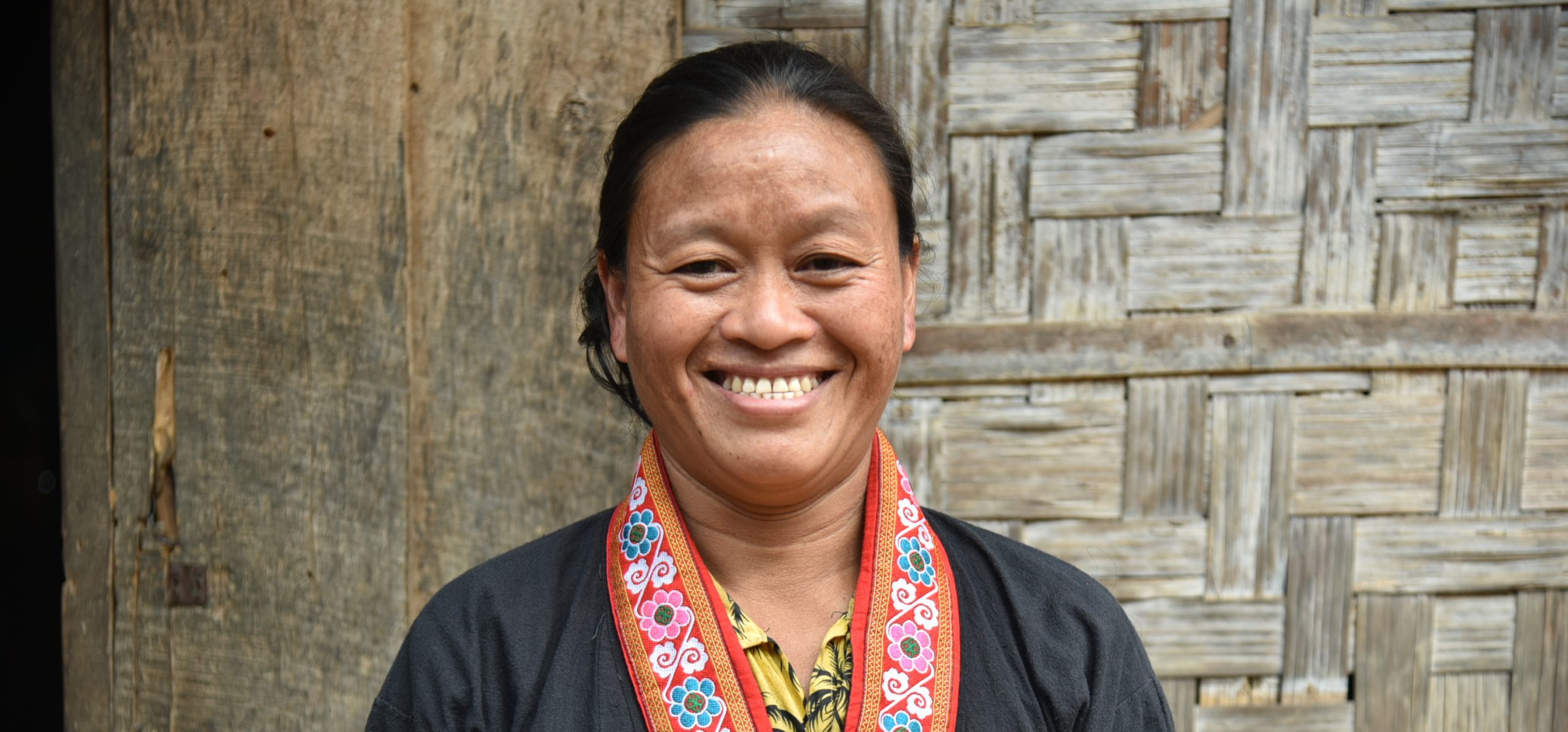In Laos, CARE works with civil society to develop policies and strategies to combat violence against women and girls.
In Laos, CARE works with civil society to develop policies and strategies to combat violence against women and girls, improves access to food for remote ethnic communities through women’s economic empowerment; enhances the capacity of women and ethnic minority farmers to better anticipate and respond to risks and opportunities due to climatic change; improves food and nutrition security among rural households; creates sustainable agricultural outcomes at the village and household level and fights sexual harassment in the workplace in partnership with female garment workers.
Taking action against climate change
Laos is highly vulnerable to environmental challenges and climate change, enduring frequent natural disasters such as floods and droughts, as well as rising temperatures. Climate change is being felt increasingly by communities across Laos, as over 70% of the population depends on natural resources for their livelihoods and to ensure food security.
The MekongElevate: Ethnic Communities Leading Inclusive Climate Action program
The MekongElevate: Ethnic Communities Leading Inclusive Climate Action (MKE) program, funded through DFAT’s Mekong Australia Partnership, has recently commenced. MekongElevate is a four-year program being delivered in Laos, Cambodia, and Vietnam. MKE targets ethnic minority and hill tribe communities in remote areas of the three countries, working with communities to increase resilience to social shocks and climate change. The program will support increased climate-smart agriculture approaches to mitigate the impacts of climate change; support livelihoods and economic safety nets for ethnic minority communities, and elevate the voices of women, youth, and people with a disability in decision making processes in the region.
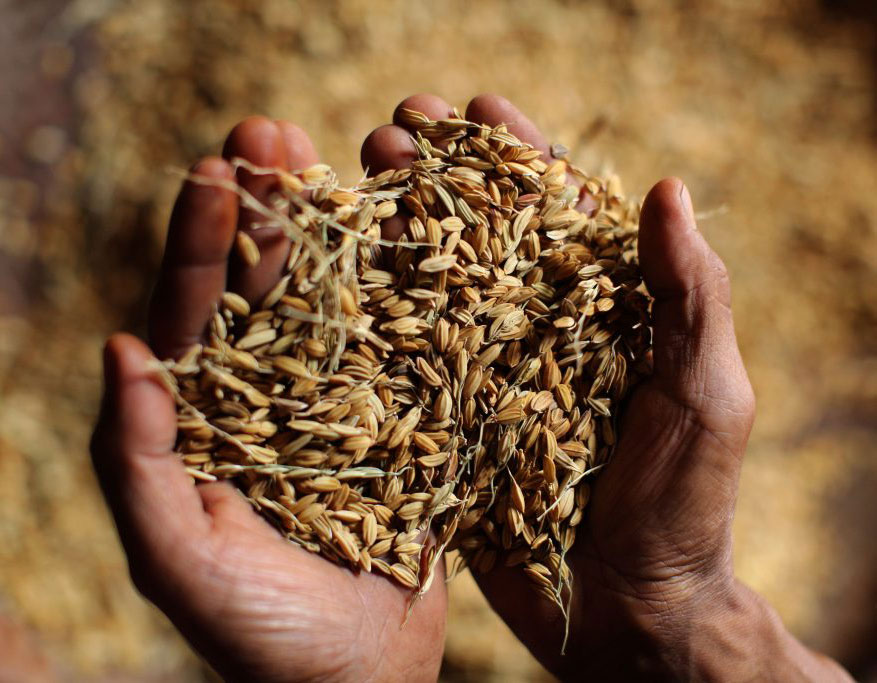
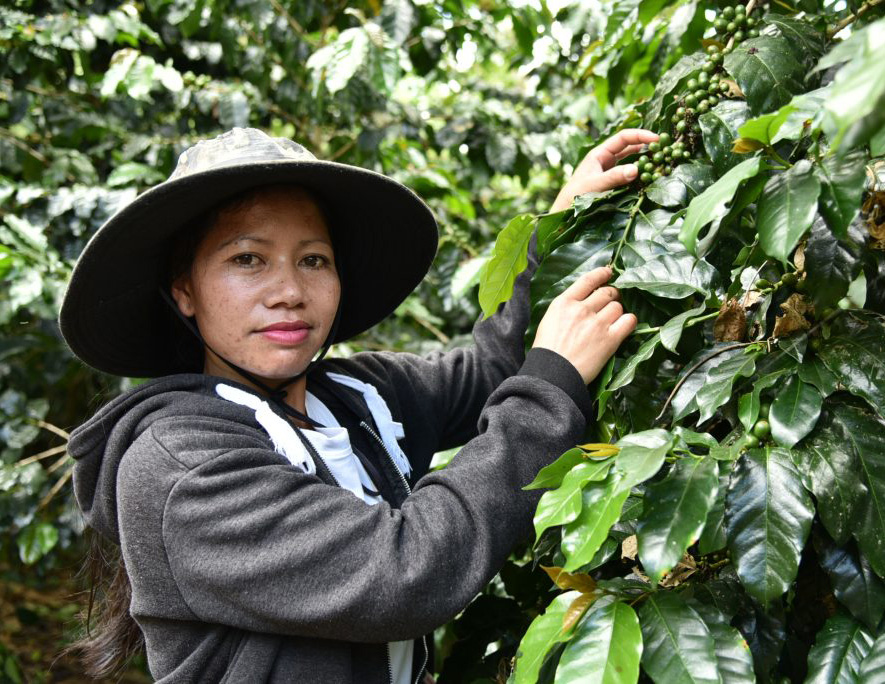
Farming skills and resources
More than 70% of Laos’ population depends on farming to make its living. That means they work on their farms every day – but many still struggle to find a market for their coffee and, when they do, they don’t always make enough to provide for their family.
Coffee growing is not only a valuable source of income, but it’s also crucial in terms of improving food security. By diversifying farming practices, families will also develop skills to plant and grow other crops and improve their overall nutrition.
With their increased income and improved farming techniques, women can lift themselves out of poverty, families will have better nutrition and their children will have brighter futures.
Read more about the Boosting Coffee Production project.
Improving access to income
CARE has initiatives in Laos designed to enhance women’s income earning by increasing their ability to produce and sell agricultural, garden and livestock produce. This has meant building women’s technical knowledge of agriculture, gardening and livestock, while building commercial awareness of the potential of cash crops, selling of surplus food and selling non-timber forest products.
The inclusion of women in training initiatives, while also giving them roles in cascading training through the village, has increased women’s status in the villages and their perceived value within the family. Livestock banks have been an effective way of increasing women’s access to food production and income earning potential, as they enable shared ownership, responsibility and benefit for livestock.
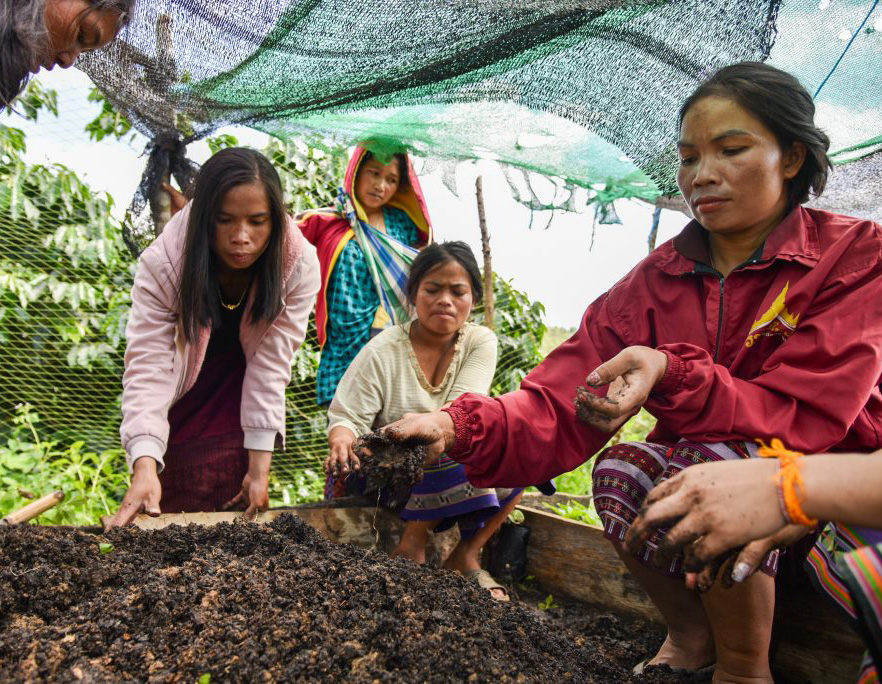

Meet Ms. Sapiew
Ms. Sapiew is a 31-year-old farmer from Huay Phod Village, Khoua District, Phongsaly in Laos. Her family is made up of six people – herself, her husband, and their four children.
Before the arrival of the Khoua Food Security Project, Ms. Sapiew had a lot of difficulty with getting water access in her household. Her children’s clothes need to be washed several times a week, so any water she was able to bring home had to be conserved. When washing the dishes, most of the water used was rainwater or collected from water vapor made from steam when cooking. Every day she had to go to the farm to work from morning to evening. After returning from working all day in the fields, she then had to get water by foot, about one hour from her house. By the time she arrived back home, it was already evening. Some days when she came back from the field, she was not able take a shower because there was no water left for personal use. When Ms. Sapiew asked her husband to get water, he couldn’t because he had to find food for the family, so she would have to take her 8-year-old son to help her. Ms. Sapiew found this tiring. She felt exhausted and frustrated with daily life.
“I felt that I don’t have time to rest because when I go to the farm, I have to get the water from far away. If we had enough water to use in my house, it would lighten my work.”
In 2023, the Khoua Food Security Project came to the village to provide households with a much-needed water supply system. Ms. Sapiew was thrilled and relieved that she didn’t need to go far to get water and to lessen her workload – and that of her children. The family can now use water for washing food and clothes, bathing, drinking, cooking, and cleaning the house. In addition, she also built a toilet for improved hygiene and waste disposal. Most importantly, the family can now grow some vegetables close to home, using seeds provided by the project and a water system ready for them to use.
Safe workplaces, safe communities
A growing number of women and girls are migrating from rural areas of Laos to the capital Vientiane in search of work.
Without information and social networks, women are especially vulnerable to risks such as dangerous work or sexual exploitation. Forty-five per cent of women in urban areas work in the informal sector and often lack labour protections or social benefits.
CARE is working with these women to help provide them with access to services and safe employment options. Along with training in practical vocational skills, we’re supporting women – particularly those in the garment, hospitality and sex industries – to establish women’s groups and networks so they can better understand their rights. We’re also training police, health service providers and employers in how to prevent violence against women and girls and introduce legal and labour protections to help prevent discrimination.
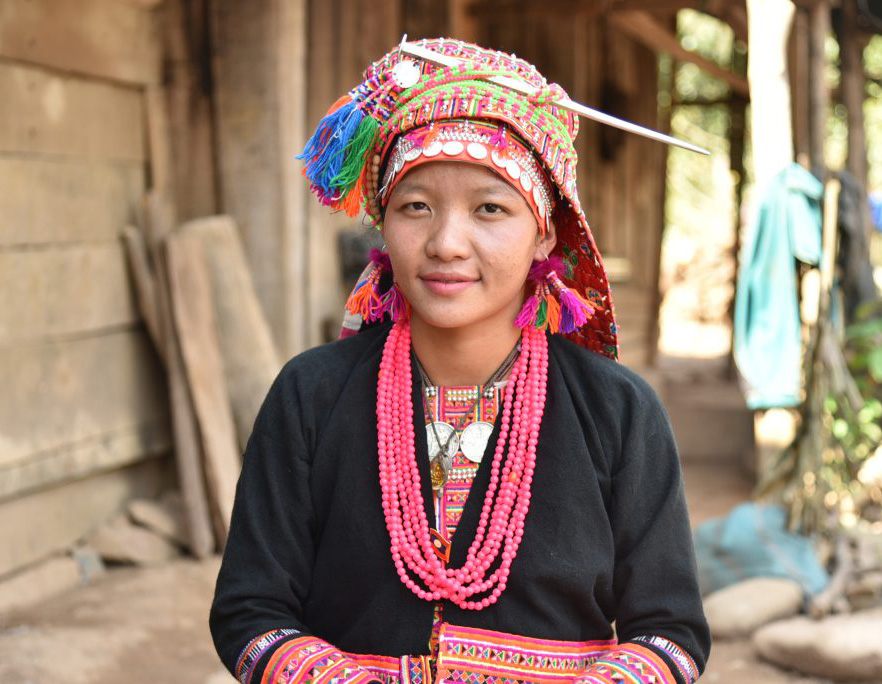
Donate now
Support our ongoing work to create a more equal world.
Your donation can help end extreme poverty and give people the means to build a better future for themselves in countries like Laos.
For those living in extreme poverty, your support brings education and training, healthcare and clean water, nutritious food, and new ways to earn an income. And in times of crisis, you help us deliver emergency relief. Please donate today.
